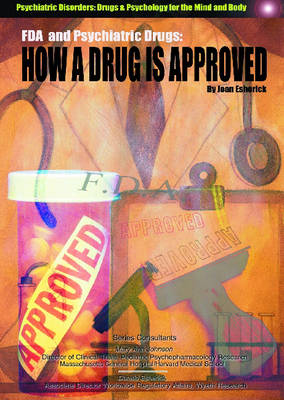Encyclopedia of Psychiatric Drugs and Their Disorders
1 total work
Imagine taking a medication meant to heal you only to discover that the drug rotted your bones, made your teeth fall out, and filled you with a radioactive element called radium. Pittsburgh industrialist Eben Byers didn't have to imagine. It happened to him, and he died as a result. Mr. Byers fell victim to "patent medicines" sold in the early twentieth century. Patent medicine quackery and other medical tragedies prompted the United States government to form an agency that could protect patients and consumers from mislabeled or dangerous medicines, cosmetics, and foods. That agency is the U.S. Food and Drug Administration (FDA). Most drugs and medical treatments sold in North America today, including drugs used to treat psychological disorders, are regulated by this consumer protection agency. Many people diagnosed with depression, panic attacks, schizophrenia, ADHD, and other psychological disorders lead normal lives because they are treated with psychiatric drugs approved by the FDA. But what are psychiatric drugs? Where do they come from? How do they work? What does it take for the FDA to approve them? Why do we have the FDA? Perhaps most important, does FDA approval guarantee safety? Loaded with case studies and user-friendly illustrations, this readable text answers these and other questions as it examines a brief history of mental disorders and their treatment. In its pages, you will learn about the origins of the FDA, the FDA drug approval process, the structure and chemistry of the brain, psychiatric drugs and how they work, adverse reactions, and alternative treatments. Come learn about the drug approval process. Next time you reach into your medicine cabinet, you'll be glad you did.
